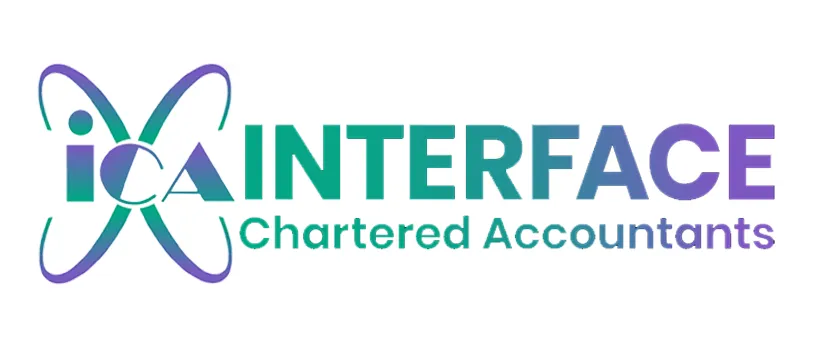Cryptocurrencies have become so popular in recent years that they are becoming the topic of tax debates in a number of sovereign states. What are cryptocurrencies and how do they work? Cryptocurrencies (also known as tokens or crypto assets) are digital representations of value or contractual rights that are cryptographically secure.
There are various different sorts of cryptocurrencies, each with its own set of characteristics. ‘Exchange Tokens,’ ‘Utility Tokens,’ ‘Security Tokens,’ and ‘Stablecoins’ are the most common. The treatment of cryptocurrencies varies depending on the token’s nature and intended usage, rather than the type of token. Cryptocurrencies are recognised as actual assets rather than money or coins. If a company buys and sells tokens, it must classify them as assets and impose taxes on them based on the transaction type. The following activities should be considered for tax purposes:
- Exchanges for buying and selling tokens;
- Tokens can be exchanged for other assets, such as cryptocurrencies;
- Mining; and
- Tokens can be exchanged for other goods or services.
The fees to be paid will be determined by the number of people involved in the business and the nature of the activity. One of the following taxes may apply depending on the type of transaction:
- Corporation Tax (CT);
- Capital Gain Tax (CGT);
- Income Tax (IT);
- Corporation Tax Capital Gain (CTCG);
Income, costs, earnings, and capital gains will all be used to assess taxable income. As a result, they will need to be reported to HMRC on an annual basis via a company or individual tax return. Although tax computations will be converted to sterling, exchange tokens (such as bitcoins) can be traded in a currency other than sterling and subsequently converted using an HMRC-set monthly or annual exchange rate. In addition, while calculating the tax return, the value of any profit or gain must be converted into sterling. Transactions using cryptocurrencies will need to be converted into functioning money if a corporation chooses to trade in another currency. The final tax return, on the other hand, must be presented in pounds sterling.
 Skip to content
Skip to content

